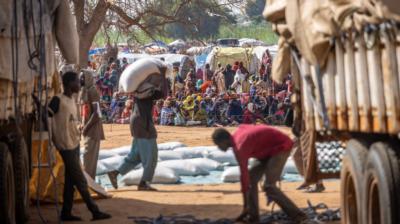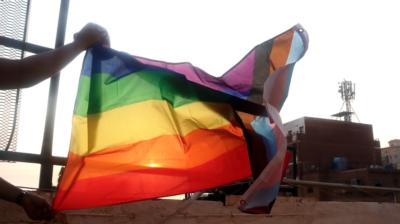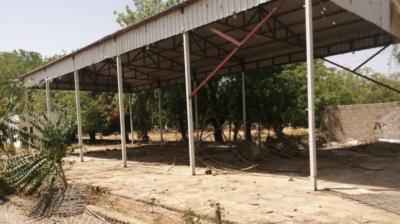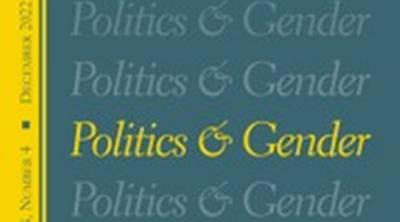Gender Justice and Legal Pluralities: Latin American and African Perspectives examines the relationship between legal pluralities and the prospects for greater gender justice in developing countries. Rather than asking whether legal pluralities are ‘good’ or ‘bad’ for women, the starting point of this volume is that legal pluralities are a social fact. Adopting a more anthropological approach to the issues of gender justice and women’s rights, it analyzes how gendered rights claims are made and responded to within a range of different cultural, social, economic and political contexts. By examining the different ways in which legal norms, instruments and discourses are being used to challenge or reinforce gendered forms of exclusion, contributing authors generate new knowledge about the dynamics at play between the contemporary contexts of legal pluralities and the struggles for gender justice. Any consideration of this relationship must, it is concluded, be located within a broader, historically informed analysis of regimes of governance.

Poverty Reduction and Gender Justice in Contexts of Complex Legal Pluralism
- Rights and Legal Institutions
- Gender
- Latin America
- Africa
- Southern Africa
- East Africa
- Sudan
- Tanzania
- Mozambique
- Mexico
- Bolivia
- Guatemala
- Women
- Women''s rights
- Human rights
- Gender
In this volume:
- Between Sharia and CEDAW in Sudan: Islamist women negotiating gender equity
Tønnessen, Liv - The gender of law: Politics, memory and agency in Mozambican community courts
Bertelsen, Bjørn Enge - Sexual violence and gendered subjectivities: indigenous women's search for justice in Guatemala
Sieder, Rachel - An accumulated rage: Legal pluralism and gender justice in Bolivia
McNeish, John-Andrew and Ana Cecilia Arteaga Börth







